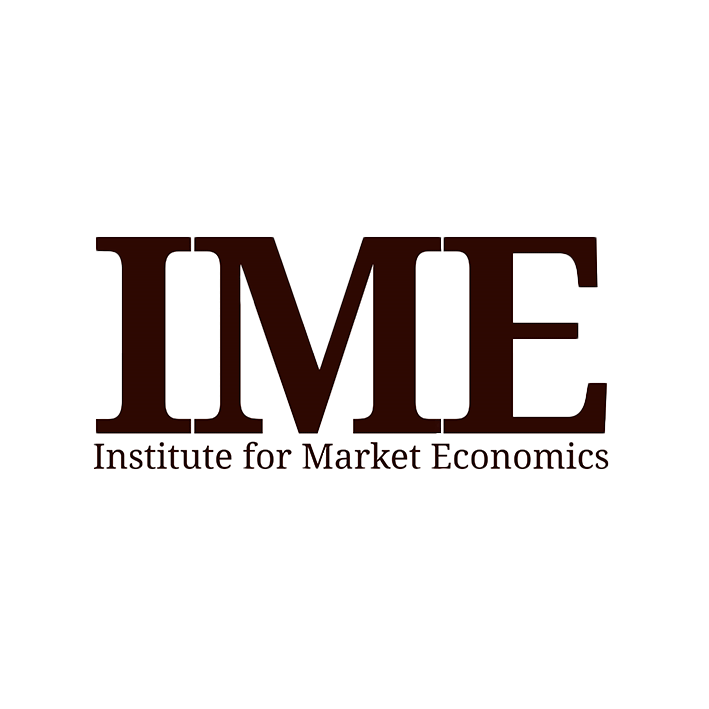Romania remains at 16th place in this year’s index, but it has a raft of nanny state measures on the cards. A bill drawn up in 2020 proposed a retail display ban for tobacco, extending the smoking ban to e-cigarette use, banning all e-cigarette advertising, banning smoking in cars if children are present, and prohibiting the small amount of tobacco advertising that is still permitted, but none of this has yet happened.
In August 2022, in a bid to raise revenue, the government announced the first hike in tobacco and alcohol duty since 2015 and increased the VAT on soft drinks from 9 per cent to 19 per cent. Romania’s sin taxes are relatively low by the standards of western Europe, but they are more punitive once the country’s low incomes are taken into account. The tobacco duty is the highest of any country in the index after adjusting for income and its tax on heated tobacco is not far behind.
Since March 2016, Romania has had one of Europe’s toughest bans on smoking in workplaces, including all bars and restaurants. Only airports and prisons are exempt. Following protests from the public, the Parliament looked at amending the ban to provide designated smoking sections, but this was rejected.
Vaping is not included in Romania’s smoking ban, but it is banned on public transport. E-cigarettes are legal to buy, but 2016 saw the introduction of an e-cigarette tax equivalent to €0.10 per ml of fluid, which has since risen to RON 0.52 per ml (€0.11). Cross-border sales of e-cigarette fluid are banned.
Advertising of spirits is banned on television before 10 PM and on billboards, but beer and wine can be advertised at any time. There is no national closing time for drinking establishments and no ban on happy hours.
Romania is one of the 11 countries in the index that scores a perfect zero for the over-regulation of food and soft drinks.
About
The Nanny State Index (NSI) is a league table of the worst places in Europe to eat, drink, smoke and vape. The initiative was launched in March 2016 and was a media hit right across Europe. It is masterminded and led by IEA’s Christopher Snowdon with partners from all over Europe.
Enquiries: info@epicenternetwork.eu
Download Publication
Previous versions: 2021, 2019, 2017
Categories
About the Editor
Christopher Snowdon is the head of Lifestyle Economics at the Institute of Economic Affairs. His research focuses on lifestyle freedoms, prohibition and policy-based evidence. He is a regular contributor to the Spectator, Telegraph and Spiked and often appears on TV and radio discussing social and economic issues.
Snowdon’s work encompasses a diverse range of topics including ‘sin taxes’, state funding of charities, happiness economics, ‘public health’ regulation, gambling and the black market. Recent publications include ‘Drinking, Fast and Slow’, ‘The Proof of the Pudding: Denmark’s Fat Tax Fiasco’, ‘A Safer Bet’, and ‘You Had One Job’. He is also the author of ‘Killjoys’ (2017), ‘Selfishness, Greed and Capitalism’ (2015), ‘The Art of Suppression’ (2011), ‘The Spirit Level Delusion’ (2010), ‘Velvet Glove, Iron Fist’ (2009).
Romania 2023
Romania remains at 16th place in this year’s index, but it has a raft of nanny state measures on the cards. A bill drawn up in 2020 proposed a retail display ban for tobacco, extending the smoking ban to e-cigarette use, banning all e-cigarette advertising, banning smoking in cars if children are present, and prohibiting the small amount of tobacco advertising that is still permitted, but none of this has yet happened.
In August 2022, in a bid to raise revenue, the government announced the first hike in tobacco and alcohol duty since 2015 and increased the VAT on soft drinks from 9 per cent to 19 per cent. Romania’s sin taxes are relatively low by the standards of western Europe, but they are more punitive once the country’s low incomes are taken into account. The tobacco duty is the highest of any country in the index after adjusting for income and its tax on heated tobacco is not far behind.
Since March 2016, Romania has had one of Europe’s toughest bans on smoking in workplaces, including all bars and restaurants. Only airports and prisons are exempt. Following protests from the public, the Parliament looked at amending the ban to provide designated smoking sections, but this was rejected.
Vaping is not included in Romania’s smoking ban, but it is banned on public transport. E-cigarettes are legal to buy, but 2016 saw the introduction of an e-cigarette tax equivalent to €0.10 per ml of fluid, which has since risen to RON 0.52 per ml (€0.11). Cross-border sales of e-cigarette fluid are banned.
Advertising of spirits is banned on television before 10 PM and on billboards, but beer and wine can be advertised at any time. There is no national closing time for drinking establishments and no ban on happy hours.
Romania is one of the 11 countries in the index that scores a perfect zero for the over-regulation of food and soft drinks.
 Austria
Austria Belgium
Belgium Bulgaria
Bulgaria Croatia
Croatia Cyprus
Cyprus Czech Republic
Czech Republic Denmark
Denmark Estonia
Estonia Finland
Finland France
France Germany
Germany Greece
Greece Hungary
Hungary Ireland
Ireland Italy
Italy Latvia
Latvia Lithuania
Lithuania Luxembourg
Luxembourg Malta
Malta Netherlands
Netherlands Norway
Norway Poland
Poland Portugal
Portugal Romania
Romania Slovakia
Slovakia Slovenia
Slovenia Spain
Spain Sweden
Sweden Turkey
Turkey United Kingdom
United Kingdom


















